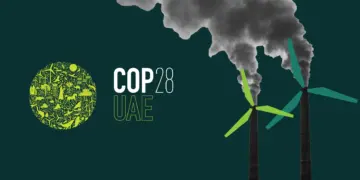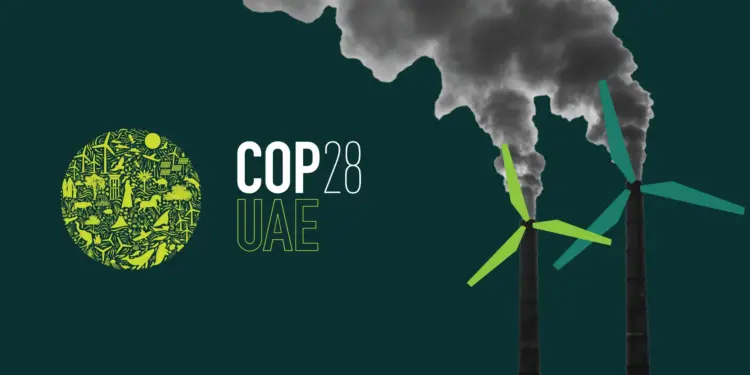By Emmanuel Nduka
A new draft of a potential climate deal at the COP28 Summit released on Monday, December 11, listed a range of options countries could take to reduce greenhouse gas emissions, but omitted the “phase out” of fossil fuels that many nations have demanded.
Antonio Guterres, Secretary-General of the United Nations (UN) said a central benchmark of success for COP28 would be whether it yielded a deal to phase out coal, oil and gas use fast enough to avert disastrous climate change.
“That doesn’t mean that all countries must phase out fossil fuels at the same time,” he told reporters at the Dubai summit.
At the summit which is scheduled to end on Tuesday, December 12, but could go on longer if negotiations drag on, a new draft of a COP28 agreement, published by the United Arab Emirates’ presidency of the summit, proposed various options but did not refer to a “phase out” of all fossil fuels, which had been included in a previous draft.
Details of the draft deal listed eight options that countries “could” use to cut emissions, including by: “reducing both consumption and production of fossil fuels, in a just, orderly and equitable manner so as to achieve net zero by, before, or around 2050”.
Other actions listed included tripling renewable energy capacity by 2030, “rapidly phasing down unabated coal” and scaling up technologies including those to capture CO2 emissions out of the atmosphere.
This is even as a coalition of more than 100 countries including oil and gas producers the United States, Canada and Norway, as well as the European Union and climate-vulnerable island nations, wanted an agreement that included language to phase out fossil fuels, a feat not achieved in 30 years of the UN summits.
While the emissions from burning fossil fuels are by far the main driver of climate change, sources familiar with the discussions said the UAE had come under pressure from Saudi Arabia to drop any mention of fossil fuels from the text, Reuters reports.
Heritage Times HT gathered that egotiators and observers inside the COP28 talks told Reuters that Saudi Arabia, de facto leader of the OPEC oil producers’ group, was among the main opponents of a deal to phase out oil and gas.
Canadian Environment Minister Steven Guilbeault told Reuters a deal on phasing out fossil fuels was being opposed by OPEC.
“We’re the fourth largest oil and gas producer. We get it. It’s complicated. It’s unnerving. It creates uncertainty in parts of our country. But it’s not a reason not to do it,” Guilbeault said.
Particularly for oil-producing nations, a global deal at COP28 to ditch fossil fuels – even without a firm end date – could signal a political willingness from other nations to slash their use of the lucrative products on which fuel-producing economies depend on.



































